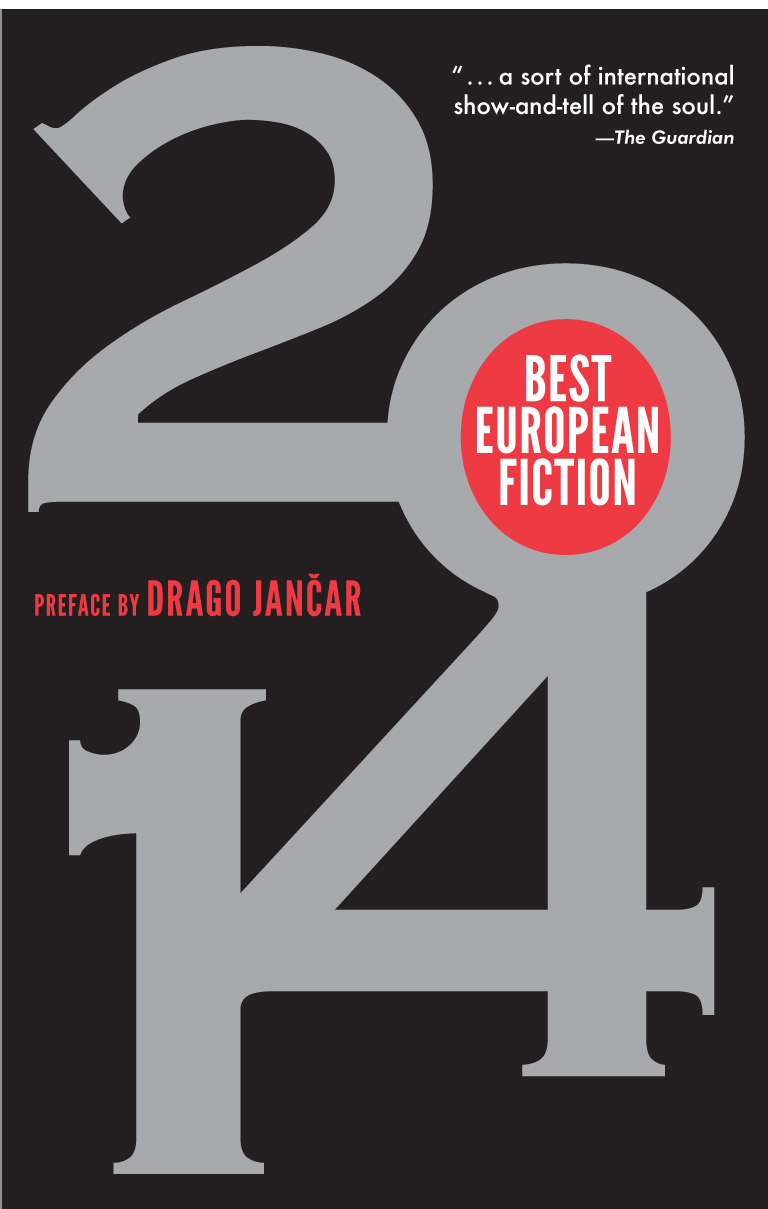‘This Is The Quickest Way Down’ by Charles Christian
-Reviewed by Tori Truslow–
Small-press speculative fiction is often where the interesting stuff is, so I was intrigued by Proxima, Salt’s new fantasy/sci-fi imprint. One of their first offerings, Charles Christian’s This is the Quickest Way Down, is a collection of “dystopian sci-fi, dark fantasy and urban gothic” fiction that promises to “tread the fine line between the normal and the fantastic, where the unknown lies behind every unopened door and every unread email.” Unfortunately, the collection seems rather to tread the fine line between the banal and the fantastically clichéd, where the “unknown” takes the form of eyeroll-inducing stereotypes.
Take flash fiction piece ‘Already Gone’, which offers a twist straight out of Goosebumps: the protagonists arrive home, bantering about their crazy car ride, only to see a car crash on the news and realise it was them – they’ve been dead all along. Betcha didn’t see that coming.
Even the less hackneyed stories show a depressing dearth of imagination. In ‘Kastellorizon’, a distant-future tale of space exploration and interstellar war, humanity has penetrated deep space. Yet the narrator refers to “blogs posted over the Net” and “news bulletins coming in over sub-space from CNN and Sky”, suggesting that despite immense advances in space technology, information networks and social media have barely changed since the early years of the internet. Perhaps the book’s constant corporation-namechecking and product placement – I was sick of Starbucks and BlackBerries by page 20 – is supposed to be a comment on the superficiality of modern society, but it felt lazy, especially in the futuristic stories.
Most of the stories are written in a conversational first person mode, padded with jaded observations: “modern life sucks. We all have bills to pay and we all have our price,” the narrator of ‘Waiting for my Mocha to Cool’ tells us; a few pages later: “modern life sucks, but people always get what’s coming to them.” If the fantastical elements were more engaging, or the narrators less myopic, this style might have been tolerable, but I found it grating.
My biggest problem with This is the Quickest Way Down, however, is the women. From the goth chick who (surprise!) turns out to be a demon to the “hot chick” dressed as an alien who (surprise!) turns out to be an actual alien, they are often one-dimensional and uniformly sexualised. Sure, the male narrators are one-dimensional too – self-confessedly so, in several cases – but they aren’t used as objects or plot devices first, characters second. This is a book that sets the tone on page 1 with a blowjob, delivered by a woman described as “emotionally sterile, empty, unlived-in”, and goes on to present a stream of female stereotypes, filtered through a relentless male gaze. Diet-obsessed women notable for their “amply filled pairs of designer jeans sashaying their way across my eyeline”, weepy suicidal women, clingy women, femmes fatales. By about halfway through I was ready to quit, but kept going, forlornly searching for some – any – redeeming quality.
Then I read the title story. ‘This is the Quickest Way Down’ gives us a “cute Asian chick”, who catches the eye of a student at a party. A scant three pages, this one offers up some fetishised exotica – “with my brain now packing a suitcase for an imminent trip to Karma Sutraville and my brain trying to remember some tips I once read in an article about tantric sex, I slip one hand beneath her choli” – before the big reveal. Surprise! She’s the goddess Kali, who apparently has nothing better to do than hang around a British university town and butcher people. Playing straight into colonial stereotypes, this story has no apparent purpose other than to titillate and scare: the Orientalist nightmare-sex-fantasy, alive and well. This is the low point, but it doesn’t get all that much better.
‘The Hot Chick’ is, I suspect, trying to be a clever role-reversal story. Our hero is a “C-list science fiction writer” who makes extra bucks writing sci-fi porn, and attends sci-fi conventions for the female fans – women who lead dull lives, for whom science fiction is an escape, “who are so grateful when a fully-grown adult member of the opposite sex pays them a few compliments and takes an interest in their costumes and characters, that after a couple of drinks or six they are happy to act out some of their fantasies in the comfort of a king-size hotel bed.”
The twist here is that he meets a sexy blue-skinned alien and, assuming she’s in costume, jumps into bed with her; turns out she was secretly filming him for a porn channel back in her own galaxy. But if the narrator feels exploited it’s not made anything of, and his own exploitative attitude towards women goes unexamined. As for the descriptions of female fans, let’s just say that as an attendee of sci-fi conventions, it wasn’t the aliens in this story that tested my suspension of disbelief.
Ultimately, This is the Quickest Way Down failed me as a reader but it also failed on its own terms. It claims to “nudge” the everyday into the weird, then offers ‘weird’ elements that are so predictable as to have no effect. Proxima calls it “daring”. I guess Proxima is not the answer to my search for thoughtful small-press British sci-fi.



